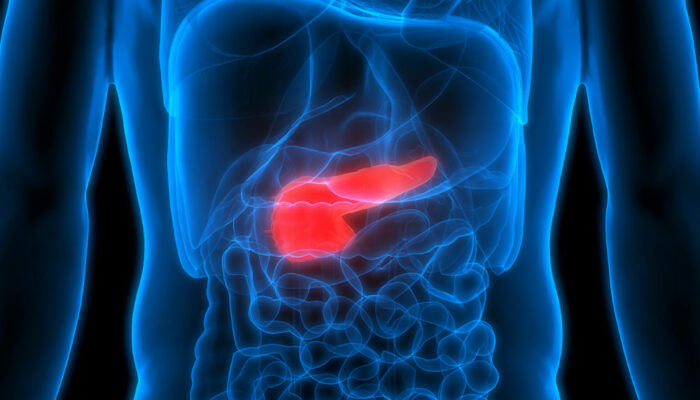
Ulcerative Colitis – Symptoms and Causes
Ulcerative colitis is an inflammatory bowel disease (IBD) that leads to ulcers and inflammation in your digestive tract. It harms the large intestine and rectum’s innermost lining. The IBD symptoms usually develop gradually, and so they are often detected late. However, the condition is often debilitating. Unfortunately, at times, it can lead to some life-threatening complications too.
While there is no known cure, the treatment can significantly lower the symptoms and signs and bring in long-term remission. But what are the symptoms and causes of ulcerative colitis? Read below to find out.
Symptoms of ulcerative colitis
1. Abdominal pain and diarrhea
Diarrhea and bellyache, along with pus or blood, may be an indication of ulcerative colitis. Some people with IBD show mild symptoms, but others show these symptoms more frequently. Diarrhea may be either mixed with pus or mucus. In someone with ulcerative colitis, there is a frequent urgency to visit the bathroom. Often people may feel that they need to visit the bathroom, but there is nothing to pass. This is called the tenesmus. In the inflamed colon, the water is not absorbed properly; it might make diarrhea watery. Further, the patient may even hear abdominal sounds or find blood in the stools during this condition.
2. Weight loss
If you suffer from long-term inflammation as an outcome of ulcerative colitis, it may lead to some digestive problems. This may result in poor appetite, weight loss, stunted growth in children, and nausea.
3. Other symptoms
Some other symptoms include fever, malnutrition, and rectal pain. It may also cause additional conditions known as:
- Mouth sores
- Skin problems
- Nausea
- Joint pain and swelling
- Reduced appetite
- Eye inflammation
What causes ulcerative colitis?
Doctors do not have adequate clarity on the cause of ulcerative colitis. However, there is a belief that the below-listed factors may be somewhat responsible:
1. Genes
Usually, ulcerative colitis runs in families. Research states that there are some genes, which increase your risk of developing ulcerative colitis.
2. Abnormal immune reactions
Abnormal immune system reaction, too, plays a crucial role in aggravating your risk of ulcerative colitis. If your immune system goes haywire, it might cause inflammation in the large intestine.
3. Microbiome
The digestive tracts have microbes in them, such as fungi, viruses, and bacteria. These help with digestion and are known as the microbiome. Studies suggest that there exist differences between the microbiomes of people with IBD and others. However, experts are still trying to understand the relationship between ulcerative colitis and the microbiome.
4. Environment
Experts believe that our environment, that is, the factors outside the body and the surroundings, play a vital role in ulcerative colitis. However, researchers are still trying to comprehend how the environment of a person interacts with the immune system, genes, and the microbiome to increase your susceptibility to developing the disease.
If you experience any of the symptoms mentioned above, make sure you consult a doctor immediately for timely diagnoses and treatment.



